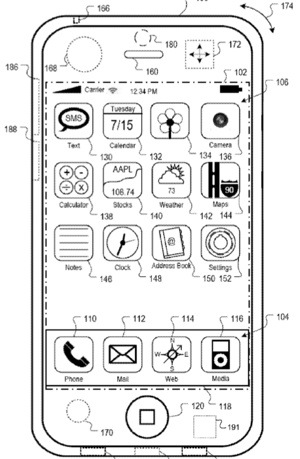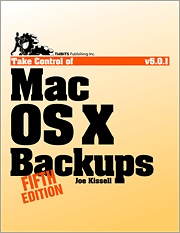Upcoming iOS devices could offer dynamic, GPS-enabled calendar alerts and alarms, per a new Apple patent (number 20110130958) at the US Patent & Trademark Office.
The patent, entitled “Dynamic Alerts for Calendar Events,” is for a computing device that can access a calendar entry having an associated time and an associated location, in a calendar application. The computing device can dynamically determine an estimated travel time to the location associated with the calendar entry. The computing device can provide an alarm indication for the calendar entry at a time based on the estimated travel time.
Here’s Apple’s background and summary of the invention: “Mobile or other computing devices often provide a number of services such as telephony services, email communication, a way to organize addresses and contacts, a way to play media content, and other services. Certain computing devices may also provide a calendar application to keep track of appointments and a mapping application to provide location information and/or travel directions. The calendar application stores the details of an appointment as a calendar entry. The details of a calendar entry may include the date, time, location, duration, subject, and participants for an appointment or meeting.
“The calendar application may also be configured to provide an alarm indication (e.g., an alert or reminder) for a calendar entry, a certain length of time before the start of the appointment. Conventional alarm indications are set for some default period of time before the start of the appointment.
“A device can access a calendar entry having an associated time and an associated location in a calendar application. The device, which can be a mobile or non-mobile computing device, can dynamically determine an estimated travel time to the location associated with the calendar entry. The computing device can provide an alarm indication for the calendar entry at an alarm time based on the estimated travel time. Changing road or travel conditions or a change from an expected previous location can all cause the travel time to change and one or more embodiments can be configured to determine, before the scheduled time, what the current estimate is for the travel time.”
— Dennis Sellers



